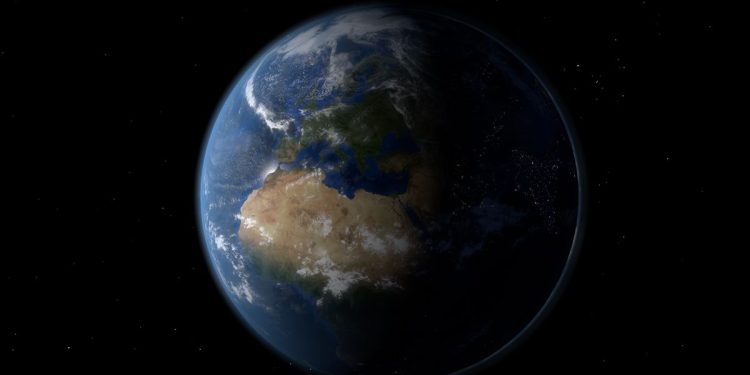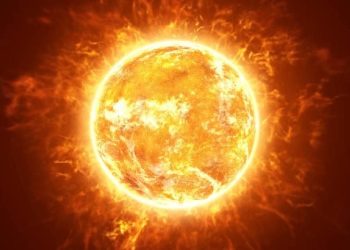Jakarta, Indonesia Sentinel — Scientists observed that the Earth rotation has speeded up in the recent years. The Earth spun slightly faster on Tuesday, August 5, 2025, making it one of the shortest day of the year and among the briefest since precise timekeeping began.
According to Space.com, the planet completed its rotation about 1.25 milliseconds faster than the standard 86,400 seconds that make up a full day. While imperceptible to humans, such changes are closely tracked by scientists using atomic clocks capable of detecting variations down to thousandths of a second.
Researchers say the acceleration continues a trend observed in recent years after decades of Earth’s rotation gradually slowing. The exact cause of the speed-up, however, remains unclear.
According to Earth Sky, Not all days are the same length. Some are shorter by fractions of a millisecond, as was the case on Aug. 5, when the day lasted approximately 86,399.99875 seconds. For comparison, a millisecond is one-thousandth of a second far shorter than a human blink, which lasts about 100 milliseconds.
“None of us expected this. The cause of this acceleration has not been explained,” said Dr. Leonid Zotov, a leading Earth rotation specialist at Moscow State University.
“Most scientists believe it’s something inside the Earth. Ocean and atmospheric models can’t account for such a large acceleration.”
Read Also
Earth Rotation Expected to Speed Up in Juli-August 2025, Shortening the Days
Several factors can influence Earth’s rotational speed, including the Moon’s orbital position. The planet tends to spin slightly faster when the Moon is far north or south of the equator. Complex movements in Earth’s core and interactions between the oceans and atmosphere may also play a role, but scientists have yet to determine the exact mechanism.
The August 5 acceleration was not the only one recorded this year. Three other notably short days occurred on July 9, July 10, and July 22, with differences of 1.23 ms, 1.36 ms, and 1.34 ms, respectively.
The shortest day ever recorded took place on July 5, 2024, when the Earth completed its spin 1.25 milliseconds faster than normal
(Raidi/Agung)

























